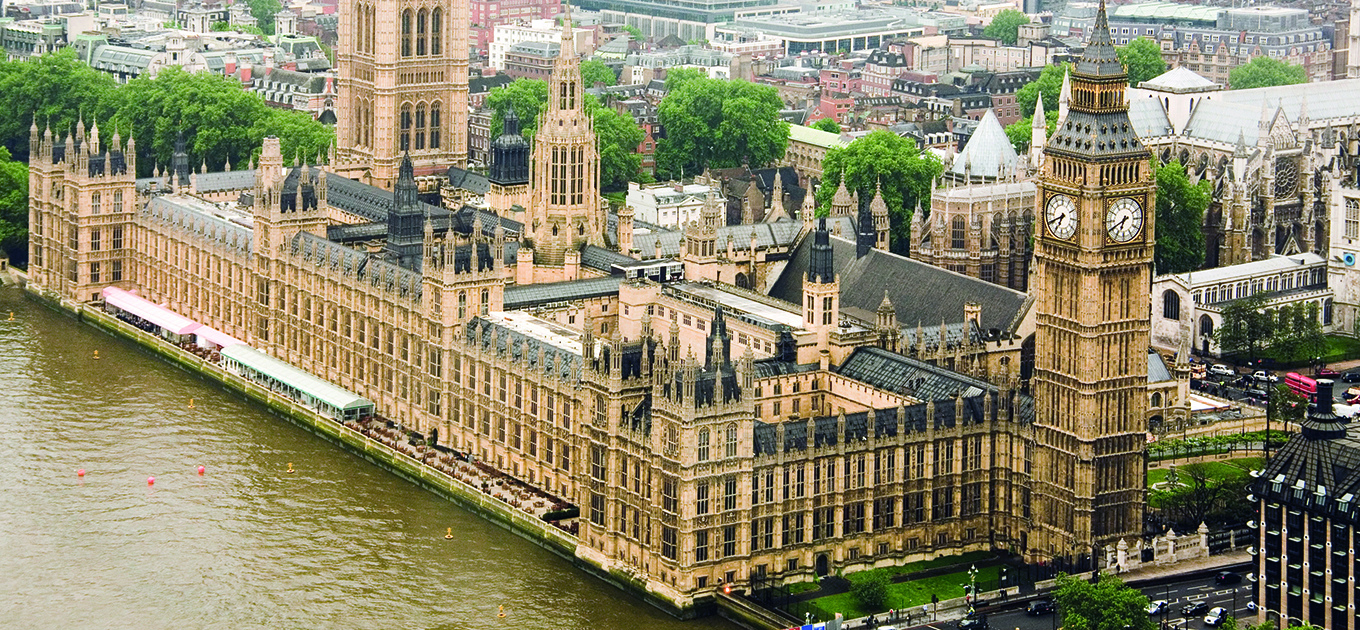Public law refers to the relationship between individuals and the government. In the UK, public law is made up of constitutional/administrative law, tax law and criminal law.
Why is public law important? What does it involve?
Public law is important because of the unequal relationship between the government and the public. The government is the only body that can make decisions on the rights of individuals and they must act within the law. A citizen can ask for judicial review if they are unhappy with a decision of an authoritative body.
Lawyers who are concerned with public law can specialise in various areas of law including constitutional/administrative law, tax law and criminal law. These areas of law are slightly different. For example, if you worked in constitutional/administrative law, you could be working alongside the NHS, local council or other governmental bodies.
Criminal lawyers work on all aspects of a case including investigation, liaising with police and appeals. There’s usually a lot of paperwork involved with criminal law!
Break it down for me a little bit!
There are several theories as to why public law is different to private law. These have evolved over time, but it’s widely regarded as a combination of the subjection theory and subject theory. The subjection theory suggests that public law governs the relationship between the person and the state and private law governs relationships of individuals. The subject theory suggests that if a person finds themselves in membership of a public body, public law applies.
The combination of these two theories results in public law being defined as a field where an actor is an authority with the power to act unilaterally. If this authority is acting as a public entity, public law applies.
Some areas of law do not seem to fit into either public or private law. For example, employment law falls into both—the employment contract is a private law matter, whereas health and safety in the workplace is a public law issue.


